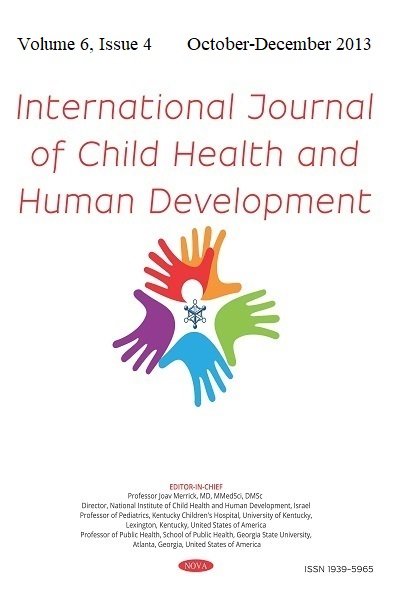SCHOLARSHIP
Dr. LaShawnDa Pittman is an interdisciplinary scholar and educator. She engages in research and teaching that transcend disciplinary boundaries, drawing from and contributing to African American Studies, sociology, social psychology, history, public policy, public health, and digital humanities. She also uses a variety of methodological approaches such as archival research, content analysis, biodemography, ethnography, and in-depth interviews, and materials such as oral histories and biomarker assays. Her research, teaching, public scholarship, and community service unapologetically center the experiences of Black women, unearthing and shining light on the complexity, nuance, and diversity in our lived experiences. Dr. Pittman builds bridges by producing knowledge that centers Black women’s lives and sharing it with a range of constituencies and institutions with the power to enact transformative change, including students, researchers, community organizations, practitioners, and policymakers.
At the core, Dr. Pittman studies the coping mechanisms of Black women who have faced seemingly insurmountable odds—caregiving responsibilities for a second and third generation, living with HIV/AIDS, enduring chronic and acute stressors of racism, sexism, ageism, and more. Her projects have centered on the examination of the strategies and processes Black women enact in response to interlocking systems of oppression and multigenerational histories of social and economic marginalization. She uses our own perspectives and self-narrated theorizations of our lives to illuminate the factors and processes most salient to our well-being. In ethnographic, interdisciplinary, collaborative, and mixed-methods research over the course of her career, Dr. Pittman uncovers taken-for-granted and hidden ways that Black women use their agency to adapt to, resist, and change our worlds. By doing so, her work details a host of previously overlooked sociohistorical factors that shape Black women’s experiences, and how we perceive, experience, respond to, and embody them.
Her scholarship on how Black women experience motherhood and grandmotherhood amidst slavery, Jim Crow anti-Black racism, and contemporary urban poverty originated with her book, Grandmothering While Black: A Twenty-First Century Story of Love, Coercion, and Survival (2023), which will be followed by her book on the history of Black grandmothering, tentatively titled, I’m Not Going to Always Be Here: Black Grandmothering from Slavery through the Great Migration.
With respect to Black grandmothering, much of what we know centers on parental surrogacy, while many basic issues concerned with Black grandparenthood have received scant attention, including conceptualizations, role meaning, and role expectations. This imbalance has resulted in normalizing, romanticizing, and pathologizing Black grandmothers’ caring labor. Dr. Pittman’s research addresses this gap in existing research by exploring these basic aspects of grandparenthood among those Black grandmothers who are themselves raising their grandchildren. By bringing attention to how Black women define grandmotherhood and their expectations for the role, she exposes the coercive nature of grandparent caregiving. Dr. Pittman’s research develops new concepts and frameworks to understand the normative grandparental role among Black women, their experiences of the social organization of care, and their navigation of deeply unequal institutional and legal relationships. These are just a few of the ways her work has powerfully contributed to and expanded empirical research in the areas of social inequality, urban poverty, public policy and legal studies, kinship care and grandparent caregiving, family and motherhood studies, gerontology and aging, and health disparities. Furthermore, her work contributes to intersectional, carework, and role theories, as well as Black feminism.
Complementing her work on Black grandmothering, Dr. Pittman has undertaken a series of collaborations with scholars in sociology, medicine, public health, human and family development, and psychology that advance understandings of Black women’s health and well-being.
Publications
-

Incorporating Measures of Structural Racism into Population Studies of Reproductive Health in the United States: A Narrative Review
-

“It Was Love in All the Buildings They Tore Down”: How Caregiving Grandmothers Create and Experience a Sense of Community in Chicago Public Housing
-

Safety Net Politics: Economic Survival Among Grandmother Caregivers in Severe Deprivation
-

How Well Does the “Safety Net” Work for Family Safety Nets? Economic Survival Strategies Among Grandmother Caregivers in Severe Deprivation
-

Grandparents as Caregivers for Grandchildren with Intellectual and Developmental Disabilities
-

Doing What’s Right for the Baby: Parental Responses and Custodial Grandmothers’ Institutional Decision Making
-

‘Dying from’ to ‘living with’: Framing institutions and the coping processes of African American women living with HIV/AIDS
-

African American Families: Still a Band of Slaves?
-

Project Grandd: Grandparents Caring for Their Grandchildren with Disabilities
